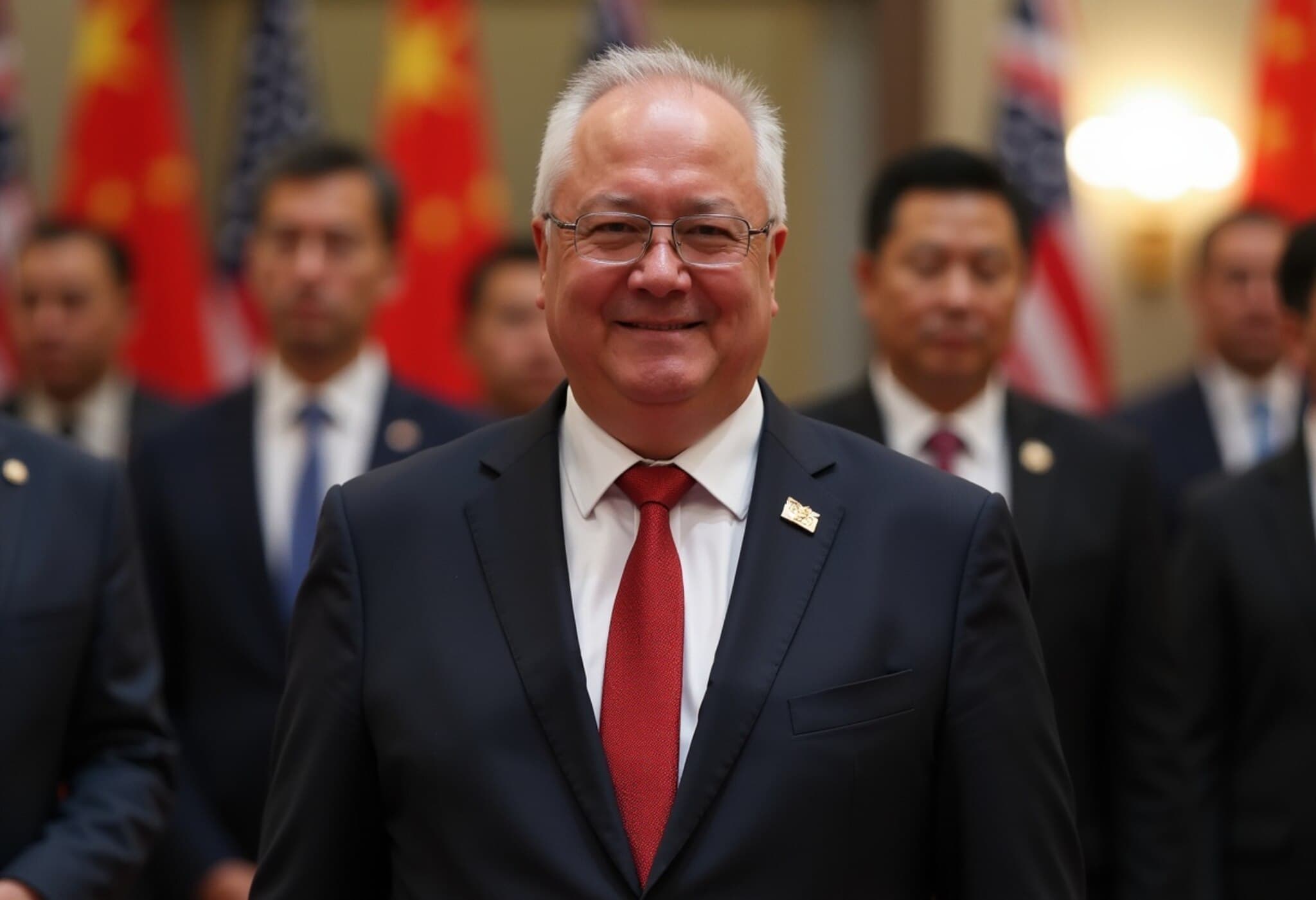Australia Takes Unprecedented Legal Action Under Foreign Interference Laws
In a significant development highlighting Australia’s growing vigilance against foreign espionage, a Chinese national was charged on Monday under the country’s 2018 foreign interference legislation. This case marks only the third prosecution since the law's enactment and is the first involving a Chinese national.
Details of the Allegations
The accused, a woman who holds Australian permanent residency, appeared in a Canberra court facing charges of reckless foreign interference. Australian Federal Police (AFP) allege she was acting on behalf of China’s Public Security Bureau, covertly gathering intelligence on the Canberra branch of the Buddhist association Guan Yin Citta.
If convicted, she could face up to 15 years in prison, underscoring Australia’s firm stance against covert foreign operations within its borders.
Investigation and Arrest
The investigation began in March 2025, following intelligence provided by the Australian Security Intelligence Organisation (ASIO). Subsequent police raids in Canberra over the weekend led to her arrest.
A spokesperson from AFP stated, "This individual was tasked by a Chinese security agency to monitor and collect information on a religious community in Australia — an activity that undermines our national sovereignty and the safety of our diaspora communities."
Context: Australia's Crackdown on Foreign Interference
Australia instituted its foreign interference laws in 2018 amid rising concerns about covert influence campaigns from foreign governments, particularly China. Since then, only two cases have been prosecuted, both involving Australian citizens suspected of collaborating with Chinese intelligence.
These laws have played a critical but sometimes controversial role in Australian foreign relations, especially with China, the nation’s largest trading partner. The charges against a Chinese permanent resident represent a new legal and diplomatic frontier.
Broader Implications for Chinese Diaspora Communities
Mike Burgess, Director-General of ASIO, emphasized the seriousness of the issue. He warned, “Anyone who thinks it is acceptable to monitor, intimidate and potentially repatriate members of our diaspora communities should never underestimate our capabilities and resolve.”
This statement reflects Australia’s commitment not only to national security but also to protecting immigrant and diaspora groups from foreign coercion or surveillance within Australian borders.
Expert Insight
From a policy perspective, this case underscores the challenges democracies face in balancing open societies with the need to counter foreign influence and espionage. Experts note:
- The 2018 foreign interference laws are increasingly tested by complex transnational activities.
- This case may influence other nations grappling with similar issues around diaspora targeting.
- Legal actions like this send strong deterrent signals but also risk exacerbating bilateral tensions.
Given Australia’s strategic position in the Indo-Pacific and strong economic ties with China, such developments require careful diplomatic navigation alongside robust legal enforcement.
What’s Next?
The accused will undergo further court hearings in the coming weeks. Meanwhile, Australian authorities continue rigorous surveillance and investigation efforts to safeguard against covert foreign operations.
For the international community, this case is a stark reminder of how espionage and foreign interference are evolving threats—demanding vigilance, legal innovation, and international dialogue.
Editor’s Note
Australia’s prosecution of a Chinese national under its foreign interference laws demonstrates a hardening stance toward covert foreign influence, especially within immigrant communities. It raises vital questions about the protection of diaspora rights, freedom of association, and the limits of surveillance in democratic societies. As geopolitical competition intensifies, understanding these dynamics is essential for policymakers, legal experts, and citizens navigating the complex balance between security and openness.














